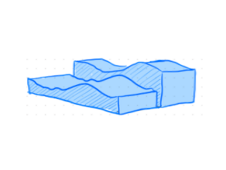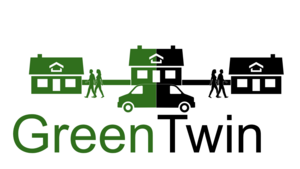
Research Departments
- Agents and Simulated Reality 6
- Cognitive Assistants 5
- Cognitive Social Simulation 4
- Data Science and its applications 1
- Embedded Intelligence 2
- Experience-based Learning Systems 1
- Innovative Factory Systems 3
- Institute for Information Systems 2
- Intelligent Analytics for Massive Data 1
- Intelligent Networks 2
- Marine Perception 4
- Multilinguality and Language Technology 1
- Robotics Innovation Center 4
- Smart Data & Knowledge Services 8
- Smart Enterprise Engineering 1
- Smart Service Engineering 2
- Speech and Language Technology 2
Search narrowed by:
Displaying results 1 to 10 of 37.
Research Departments
- Agents and Simulated Reality 6
- Cognitive Assistants 5
- Cognitive Social Simulation 4
- Data Science and its applications 1
- Embedded Intelligence 2
- Experience-based Learning Systems 1
- Innovative Factory Systems 3
- Institute for Information Systems 2
- Intelligent Analytics for Massive Data 1
- Intelligent Networks 2
- Marine Perception 4
- Multilinguality and Language Technology 1
- Robotics Innovation Center 4
- Smart Data & Knowledge Services 8
- Smart Enterprise Engineering 1
- Smart Service Engineering 2
- Speech and Language Technology 2







